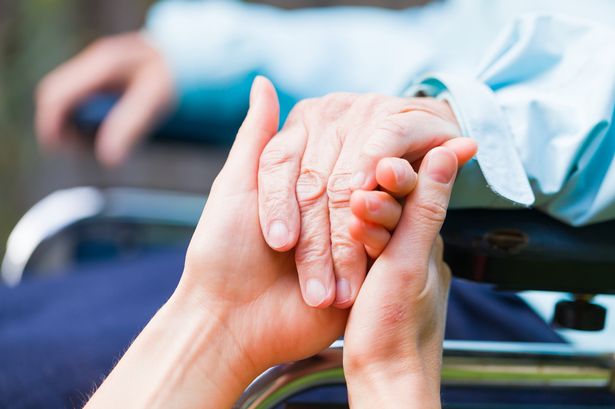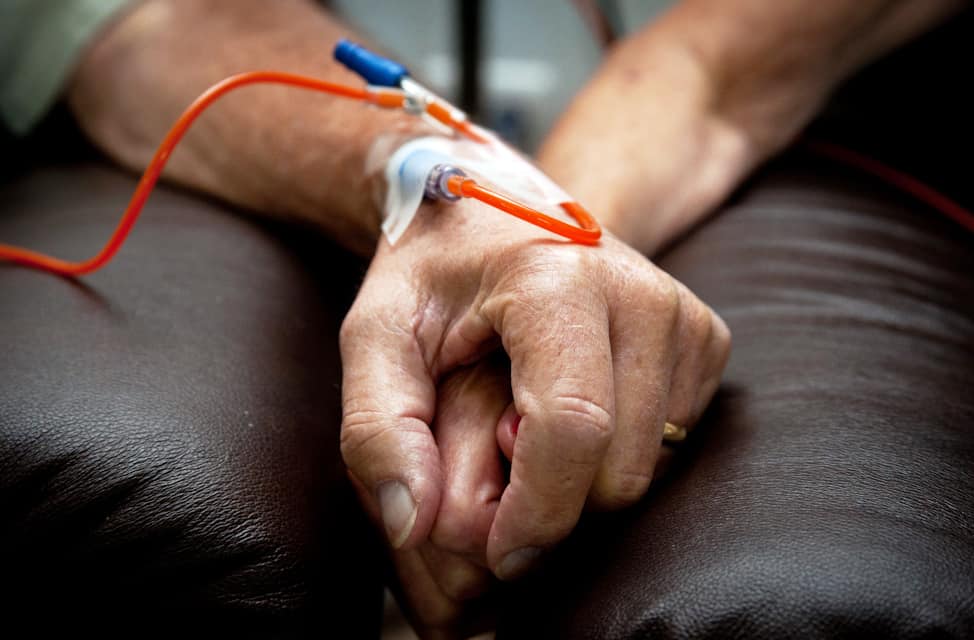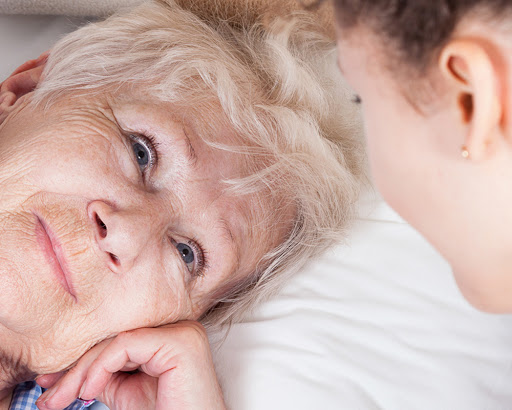Home care, commonly known as domiciliary care, is the front line of social responsibility. In 2015, more than 350,000 elderly in England used various home care services. Of these, 257,000 had their care expenses covered by their local authority while 76,300 young adults received publicly funded home care (Wittenberg and Hu, 2015).
Recently, a specific type of home care called, “condition lead care,” has become quite popular. Condition lead carers are carefully trained, with experience in dealing with dementia patients and others with chronic illnesses including Alzheimer’s, Parkinson’s. They have the respect, understanding and patience required in each case.
The literal context of home care refers to a wide range of activities. Within this, personal care (help with washing, dressing and eating) is the most typical one that people hire others to do. The care, subject to needs, is either long-term or short-term, and sometimes may extend to people receiving crisis intervention to avoid hospital in the first place. Apart from these, the condition lead care may include additional household tasks – such as mopping, and shopping.
Most Interesting Facts Ever
The United Kingdom Homecare Association (UKHCA) estimates that approximately 249 million hours are dedicated to home care in England each year. Home care is a customer-centric service that allows the people, especially the elderly, to stay healthy and independent in place, avoiding hospital when possible.
A critical component of care that responds to the priorities of those using it, home care offers help to people to remain socially engaged and to continue with their routine. This gives meaning to their lives: contributing within their family and their community. This way, patients don’t feel they are not a burden to society and their own families so that home carers can perform their role effectively.
Home care agencies hire 680,000 people (equivalent to the people employed in residential care), of which a large chunk are care workers (Skills for Care, 2018). The numbers today are far higher, yet the care sector struggles to recruit the number of staff it needs, with vacancies of around 110,000.Since 2010, English councils have had a £16 billion reduction in government grant funding, at a time when the population is increasingly ageing and disabled (Local Government Association, 2017).
Emerging Models of Home Care
New models of home care were extracted from a literature review and ten interviews with innovative providers and commissioners (Bennett et al., 2018). The paper laid out alternatives to traditional “time-and task,” models of delivering home care, and highlighted a range of emerging home care models:
- Coordinated care planning.
- Holistic approaches to recruitment in-home care, as well as values-based recruitment.
- Digital technology including assistive technology and in-home monitoring.
- Autonomous team working, the Buurtzorg model and wellbeing team.
- Alternatives to commissioning outcomes-based models, personalisation, personal budgets and integrated service funds and integrated care approaches.
- Community asset or connections models including community circles, family-based support and community living models including shared lives and homeshare.
The above give insights into key trends and challenges to form a narrative concerning the state of the home care market in England.
Findings
Maintaining an adequate workforce is one of the biggest challenges facing domiciliary care. Some interviews suggested the provider’s inability to recruit and retain enough staff in local domiciliary care markets, with a noted national provider reporting staff turnover rate as high as 48 per cent.
Care workers were more comfortable working indoors such as in residential homes or the NHS, due to extended security in contracted hours, less anti-social hours and related benefits. Not surprisingly, care at home is the need of today and tomorrow.











